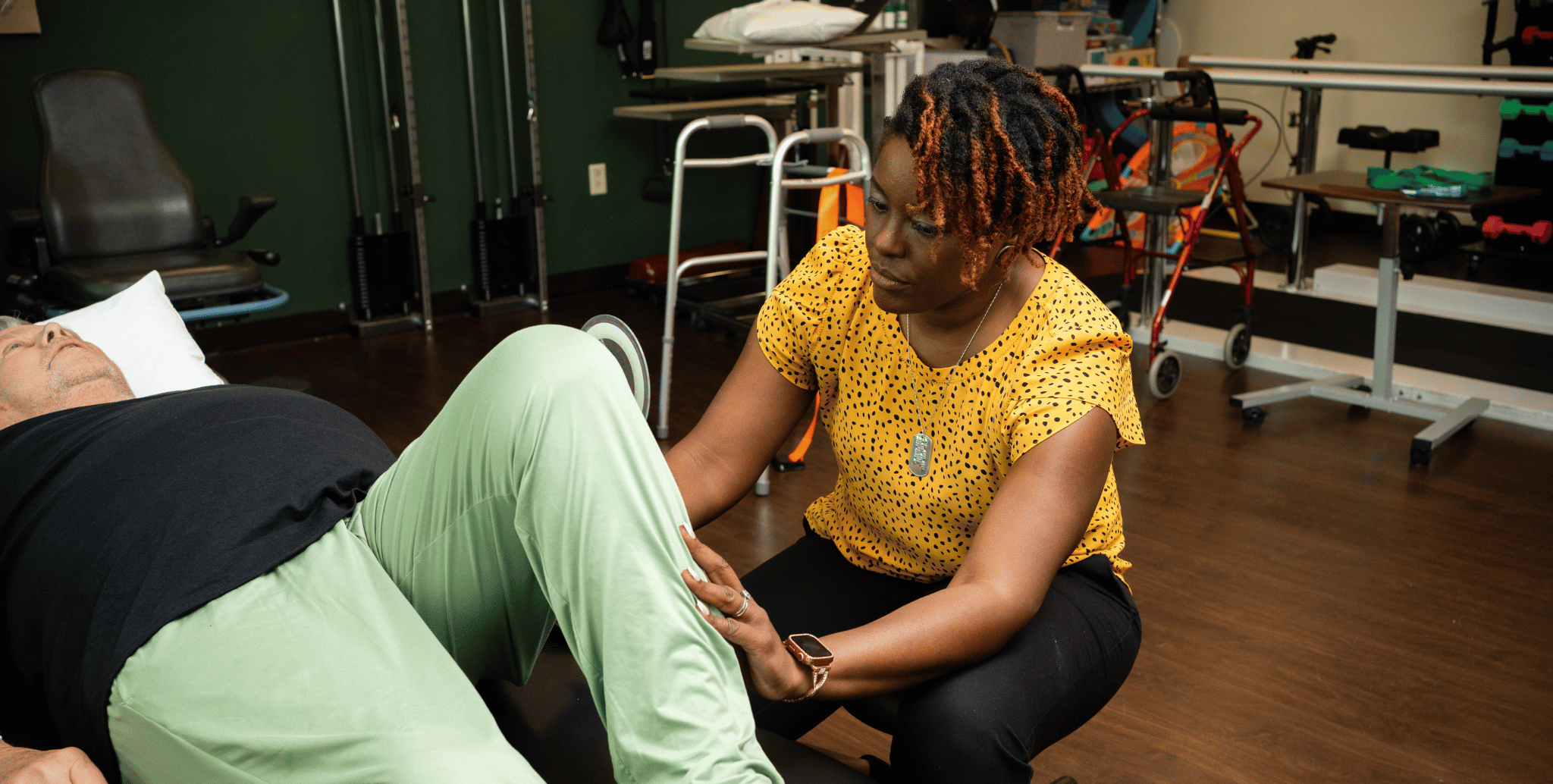Enhancing Performance and Minimizing Injury Threat through Thorough Evaluation of Balance and Steadiness via Practical Mobility Screening.
Enhancing Performance and Minimizing Injury Threat through Thorough Evaluation of Balance and Steadiness via Practical Mobility Screening.
Blog Article
Balance and steadiness are essential components of physical wellness and general well-being. They play a vital role in everyday tasks, athletic capability, and injury prevention. When an individual has strong equilibrium and steadiness, they are not as prone to trip or sustain injuries during physical exercises. One efficient way to evaluate these attributes is through Practical Motion Assessment (FMS). FMS is a method used to analyze movement patterns and identify imbalances or weaknesses that could lead to harm.
Practical Movement Screening involves a series of specific tests that examine how well a person moves. The tests concentrate on basic actions such as squat, lunge, and flexing. By watching these actions, coaches and medical experts can identify areas where an individual may have difficulty. For example, if someone has trouble maintaining balance while performing a squat, it may indicate a need for targeted workouts to enhance power and control. This evaluation not only detects weaknesses but also helps to track advancement over a period.
In addition to identifying areas for enhancement, FMS serves a crucial part in preventing harm. Many damages occur as a consequence of inadequate motion mechanics, which can be detected through practical evaluations. By addressing these issues early on, individuals can lower their likelihood of harm during athletic or other physical activities. For example, a runner who shows an discrepancy in their stride may be more prone to knee harm. By adjusting these imbalances through specific training programs, the chance of injury can be significantly decreased.
Furthermore, enhancing capability is another Click This Link advantage of performing a comprehensive assessment of equilibrium and steadiness. Athletes and engaged persons often seek to improve their capability in particular activities or tasks. A thorough understanding of their movement styles allows coaches to develop customized exercise regimens that target particular deficiencies. By improving see here balance and steadiness, sportspeople can enhance their overall capability, whether it’s running faster, leaping taller, or performing precise movements in their activity.
In summary, the importance of assessing equilibrium and stability through Functional Motion Assessment cannot be exaggerated. This comprehensive assessment serves as a basis for improving physical fitness, avoiding harm, and improving sporting capability. By identifying areas of deficiency and putting into action targeted training approaches, people can achieve better results in their bodily activities. Focusing on balance and stability not only results to improved performance but also adds to a healthier, more energetic lifestyle.